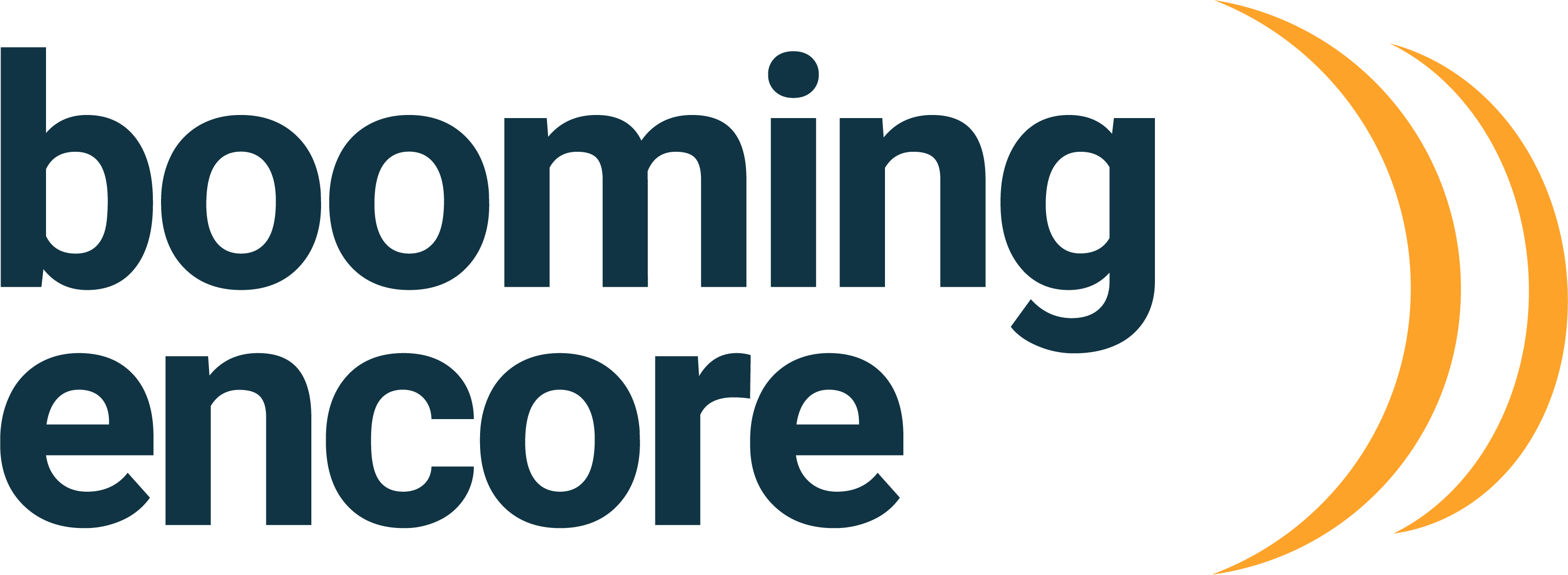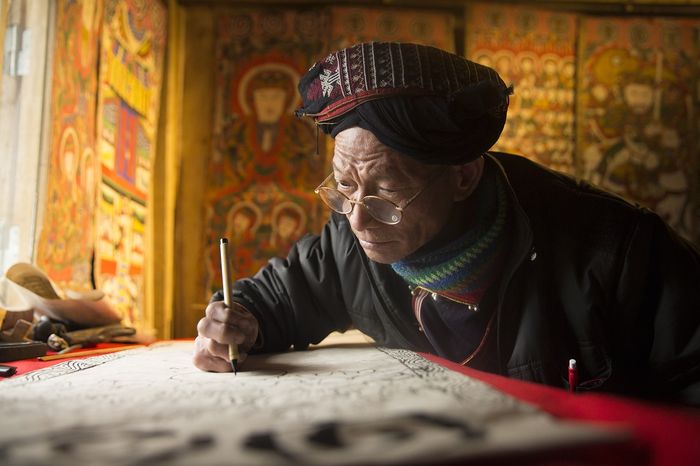Ask a Retirement Coach: How Can I Discover My Second Act?

Dear Retirement Coach;
After a 30-year career as a senior corporate executive, I’ve recently stepped into retirement—and I’m finding the transition more challenging than expected. I’ve dipped my toes into a few volunteer opportunities, hoping they’d give me that same sense of purpose and fulfillment I had in my career, but so far nothing has really “clicked.”
Lately, I’ve been wondering if I should consider retraining for a second career, or at least explore something that feels more meaningful. I still have energy and a desire to contribute, but I’m not quite sure what that looks like now—or how to figure it out.
Is this a normal part of the retirement transition? What are some ways I can start moving forward with more clarity?
Sincerely,
Searching For My Second Act
Dear Searching For My Second Act;
Thank you for your thoughtful question—and for your honesty. After a 30-year career as a senior corporate executive, it’s completely natural to feel a bit unsettled as you step into retirement. For years, your role likely brought you structure, influence, recognition, and a clear sense of contribution. When that disappears, it’s not just the work that’s gone—it’s also a part of how you’ve seen yourself and been seen by others.
What you’re describing is something I hear often in my coaching work. Retirement is portrayed as a destination—a reward at the end of a long career. But for many high-achieving professionals, it doesn’t feel like a reward right away. It feels more like a disorienting pause. The calendar may be wide open, but the sense of purpose? That’s harder to pin down.
Let me offer some insight—and some encouragement—as you navigate this next chapter.
This Isn’t a Step Back—It’s a Transition
One of the most important things I share with clients is this: what you’re feeling is not failure. It's a transition. Retirement is not the end of your story—it’s the beginning of a new one. But like any big shift, it comes with a period of adjustment.
You’ve already taken some courageous steps by exploring volunteer opportunities. That’s more than many people do. Even if those experiences haven’t felt quite right, they’ve helped you narrow in on what doesn’t align—and that’s valuable information.
Often, the early stages of retirement bring trial and error. Think of this phase as a “Discovery stage” rather than a finish line. You’re gathering data, testing ideas, and learning what energizes you (and what doesn’t). Give yourself permission to keep exploring—without the pressure to land on the “perfect” second act right away.
Rediscover Your Strengths—Beyond the Title
You didn’t just retire from a job—you retired from a deeply ingrained identity. For decades, your professional role defined much of your value. But underneath that title is a set of strengths, experiences, and personal qualities that haven’t gone anywhere.
Start by reflecting on what made you successful in your career:
Were you a strategic thinker?
A relationship builder?
A steady leader in high-pressure situations?
Now ask: How could you use those same strengths in a different way now? They’re still within you—they just need a new outlet.
Sometimes, that outlet is paid work. Other times, it’s a leadership role in a nonprofit, a mentoring relationship, or a passion project that’s been quietly waiting for your time and attention.
Don’t Just Chase Purpose—Redefine Contribution
When the familiar markers of success fade away, it’s easy to go searching for a big, new “purpose.” But that search can become overwhelming—especially if it feels like you’re trying to replicate the intensity or impact of your career.
Here’s a reframing I often share: rather than looking for one grand purpose, look for ways to contribute.
You might consider:
Mentoring young professionals or new leaders
Offering your expertise through consulting or board service
Teaching or speaking on topics you’re passionate about
Supporting causes that align with your values
Creating something—writing, designing, building—that feels meaningful to you
Purpose isn’t always loud. Sometimes it begins quietly—with a single conversation, a small project, or a renewed curiosity. Contribution can be deeply satisfying even when it’s not tied to status or income.
How Retirement Coaching Can Help
Transitions like the one you’re facing can feel a little unclear at first. You may have ideas but no clear direction. Or maybe you’re feeling stuck between what you used to do and what comes next. That’s exactly where retirement coaching can make a difference.
A retirement coach helps you:
Reflect on your values, strengths, and current priorities
Clarify what fulfillment looks like for you in this new season
Explore practical next steps—whether that’s retraining, volunteering, consulting, or something else entirely
Stay accountable as you test new ideas and take small, meaningful actions
Coaching provides a supportive space to sort through all the “what ifs” and “what now?” questions. It’s not about offering cookie-cutter answers—it’s about helping you uncover what this next chapter could truly look and feel like on your own terms.
Let This Be a Season of Experimentation, Not Pressure
You’ve had a successful career built on being needed, respected, and productive. In retirement, those external signals often disappear—and that can feel like a loss of relevance. But it’s also an opportunity to realign with who you are now, not just who you were.
Try thinking of this time as a season of gentle experimentation:
Take a class on something you’ve always been curious about.
Volunteer in short-term roles to test the waters without overcommitting.
Join communities—online or in person—where people are having honest conversations about aging, reinvention, and legacy.
Keep a journal where you reflect on what feels energizing or flat.
The path may not appear all at once—but with time, attention, and curiosity, it will unfold. You’re not alone in feeling a bit uncertain at the start of this new chapter. But you are far from finished. There is so much ahead still waiting for your insight, energy, and presence.
Retirement isn’t the end of who you are—it’s the next version of who you’re becoming.
Warm regards,
Toni Petrillo
Retirement Lifestyle Consultant
Founder, Retire With Intention
Do you have a question to ask about the non-financial aspects of retirement? e-mail them to [email protected]
Interested in reading more advice? Check out all our "Ask a Retirement Coach" questions!
Related content







